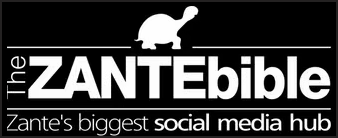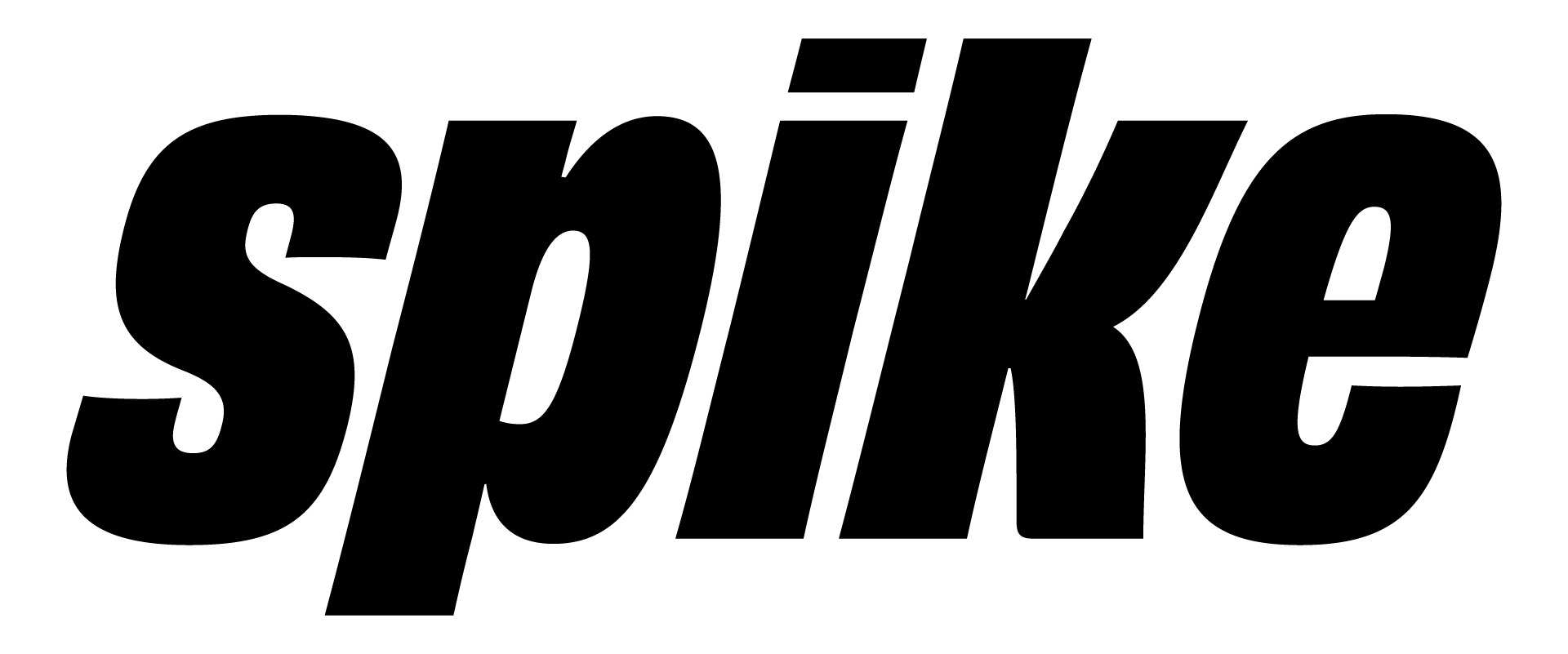
In the English language the term nosy is generally regarded to refer someone who asks too many questions about or otherwise pries unreasonably into other people's business. It's especially used to describe someone who does this all the time. Someone displaying such nosiness is generally regarded with modest disdain. But questions are such a powerful tool – admittedly when used in an appropriate way.
Empirical research on who the best question askers in the world are bar none leads us to 4-year-old girls, which is actually not all that surprising to anyone like me who’s had one! 4-year-old girls apparently ask in excess of 300 questions a day. Generally speaking, kids in the two to four age range ask on average 40,000 during that time – not because they’re nosy but because they’re curious!
As a coach I am reminded, when talking with clients, to pose questions that come from a mindset of curiosity as opposed to of information gathering – perhaps that’s the distinction with nosiness. With a curious mindset coaches view a coaching conversation as a route to better insight and discovery. Conversely an information gathering style of questioning is one where the conversation is more likely to be directed by a specific agenda leading to recommendations which is fundamentally less powerful and insightful. A curiosity-lead approach allows us to explore our inner sagacity and evolve solutions that only we could ever discover for ourselves.
Curiosity strengthens relational bonds whilst interrogation (or nosiness) builds barriers that stimy rapport. Curiosity is fundamentally about exploring, uncovering, exposing, digging, considering or reflecting. These lead to shifted mindsets, creative perspectives, new understanding and learning which is at the heart of effective coaching.
But curiosity isn’t merely a tool of coaches it’s a skill we can all aspire to develop. Any good business leader should be continually curious. One of the key ways curiosity benefits business is by enhancing problem-solving. In any organisation, challenges and roadblocks are inevitable. Leaders who approach these issues with a curious mindset are far more likely to find creative solutions than those who rely solely on conventional thinking. Curiosity could well be one of the most underrated skills in business. At its heart curiosity drives our need to understand our environment better, why things work out the way they do and how problems can be solved. It’s the force that pushes us to explore new ideas, ask the right questions, and seek out better solutions. Without curiosity innovation would be impossible as our ability to see beyond the norm to new possibilities is blurred.
We could all benefit from endeavouring to stay a little more curious and a good coach will be both curious about who you are and your own aspirations as well as helping you to be more curious about yourself and your environment.







